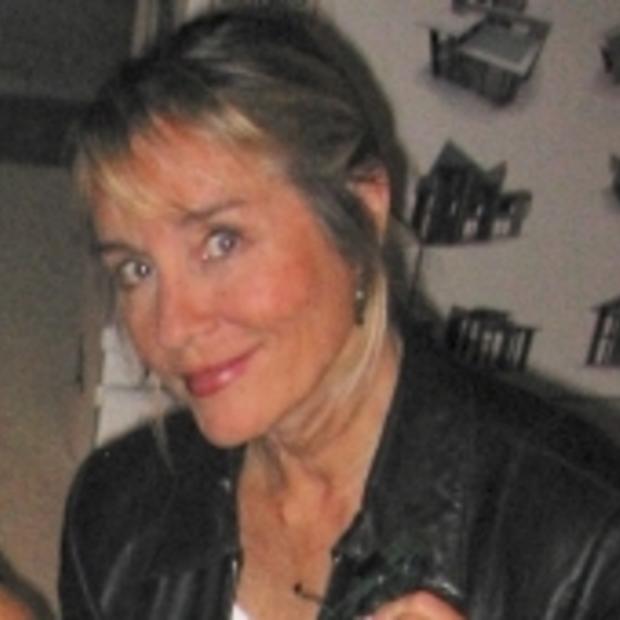Mark Twain once wrote, “Success is not the destination, it’s the journey.” In their musical retelling of the author’s classic 1884 novel, The Adventures of Huckleberry Finn, the Village Theatre hits Twain’s mark.
The revival of the jaunty, bluegrass-inspired 1985 show Big River brings to life the powerful musical composed by the legendary country songwriter Roger Miller. Big River, which won seven Tony Awards, including Best Musical, will be at the Everett Performing Arts Center through this weekend Sunday (Nov. 18) .
Miller, known for his folksy novelty tunes like “Dang Me” and “Do-Wacka-Do,” and country/western hits like “King of the Road,” also delivers compelling blues and gospel songs, because, as the show’s Director Steve Tomkins writes in the program notes, “Miller has infused Big River with the sound of America.”
The catchy country and blues tunes, performed on guitar, fiddle and many more indigenous instruments, with often poignant vocals, may sometimes verge on sounding corny, but they don’t trivialize the big themes in this heart-warming show, gloriously staged with foot-stomping folk music, dance, colorful 1840s-era period costumes, and a spectacular set.
It’s a family-friendly musical but it doesn’t shirk from a realistic portrayal of the racist attitudes prevalent in 1840s America, making it a great way to teach kids about some of the darker sides of our country’s history.
The narrative follows the chance encounters of the familiar characters Huckleberry Finn, the homeless white boy, and Jim, the runaway slave, as they make their escape downriver. Huck is fleeing the tyrannical rages of his alcoholic father and oppression of his guardian, the Widow Douglas, and her sister, Miss Watson, forever trying to ‘sivilize’ him, and Jim, who used to be Miss Watson’s slave, is escaping being sold downriver.
The story revolves around the pair’s unlikely friendship, as they struggle to survive in a variety of escapades together, eluding the law and a couple of con artists, known as the King and the Duke, along the way.
The Village Theatre made a deliberate choice to use the word "nigger," in contrast to some other places around the country where the "n-word" was excised in response to public critique. As the producers wrote, “The choice is made not to offend, but rather to respect the truth of our history and the lessons that may be learned through the past.” Taking an African-American neighbor friend with me to this show, especially in this political season, made me even more sensitive to the issues that the play raises, and I could feel both of us flinch each time “the word” was said and, more importantly, when we witnessed the degrading behavior accompanying it.
Huck (Randy Scholz) and Jim (Rodney Hicks) are great in their starring roles, as they laugh and sing their way downriver. Their passionate vocals combine with sets and costumes to capture an all-American story and its timeless themes — about friendship, justice, and seeing right from wrong, even if society sees it otherwise.
One of the high points of the show is a vocal duet between them as they float down the Mississippi River on their wooden raft, on a rainy night, cheerily singing an ode to the river that carries them along. “Sometimes at night you look like a long white train/Winding your way somewhere.” This rendition of “River in the Rain,” one of Roger Miller’s most beautiful country ballads, is plaintive and transcendent, enhanced beautifully by the set. Beyond the crude wooden boards of their raft, looms a majestic scene: a meandering river stretching to the horizon, its grassy banks opening to a luminous sky and full moon.
It’s a moment of pause in their dire, life-and-death predicament as together they make their way to freedom — Huck having just escaped abusive rage and near-murder at the hands of his father, where he had to fake his own death, and Jim having just witnessed a boat go by, run by slave traders. Some of the best vocal performances, well directed by Tim Symons, come from baritone Hicks, in the gospel-infused “Muddy Waters,” and with the ensemble of slaves, in “The Crossing.”
Hicks does a good job evolving from a beaten-down slave into a brawny body-beautiful free man, with a powerful, exhilarating baritone voice that steals the show (though sometimes he seems a bit youthful for the role). Randy Scholz has all the youthful rambunctiousness of the Huck character, as does John David Scott as a boyish Tom Sawyer.
The convertible stage set, beautifully devised by scenic designer Scott Fyfe and artist Julia Franz, allows for seamless scene changes, with a moveable wood-plank floor changing from a rafting rolling down the Mississippi to a dock to a Victorian interior. The costumes by Melanie Burgess are superb.
On the surface, Big River is a great, rollicking river-raft ride down the Mississippi River, set before the Civil War and the end of slavery. But the messages in this drama, like the classic upon which it is based, ripple out to our own time.
If you go: Village Theatre's presentation of Big River, 8 p.m. nightly Thursday through Sunday, Nov. 18; matinees (limited ticket availability) at 2 p.m Saturday and Sunday, at the Everett Performing Arts Center, 2710 Wetmore Ave. Tickets $22 to $63; discounts for youth, seniors, military, and groups. Season tickets are also available, as this is the first show in the season. Information and tickets online or 425-392-2202.



